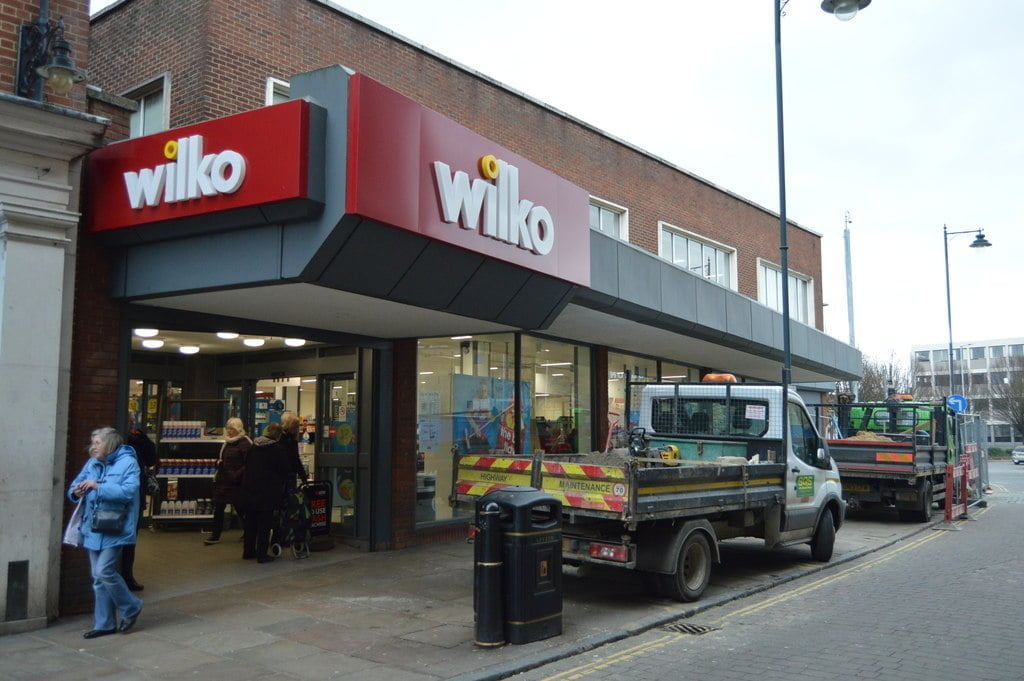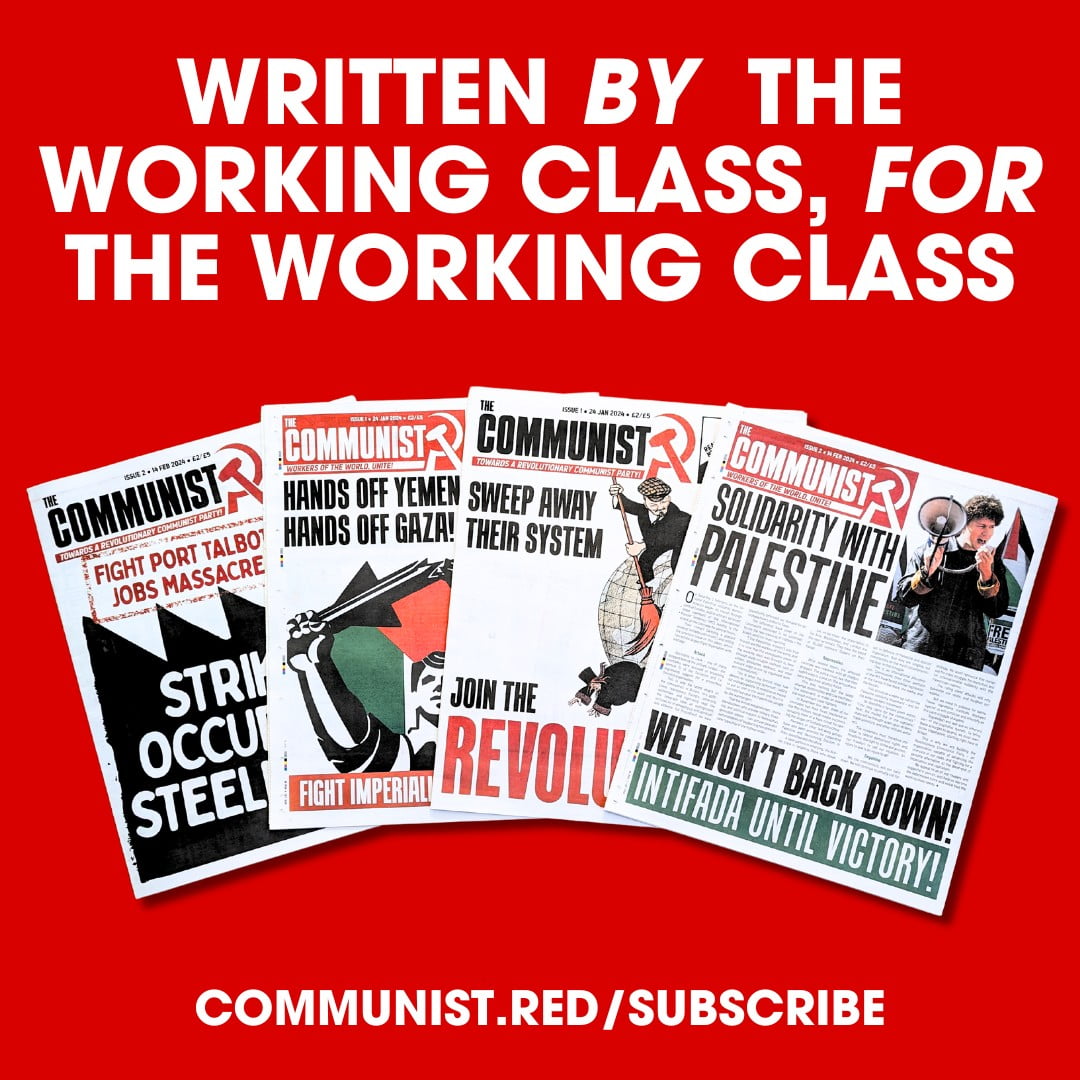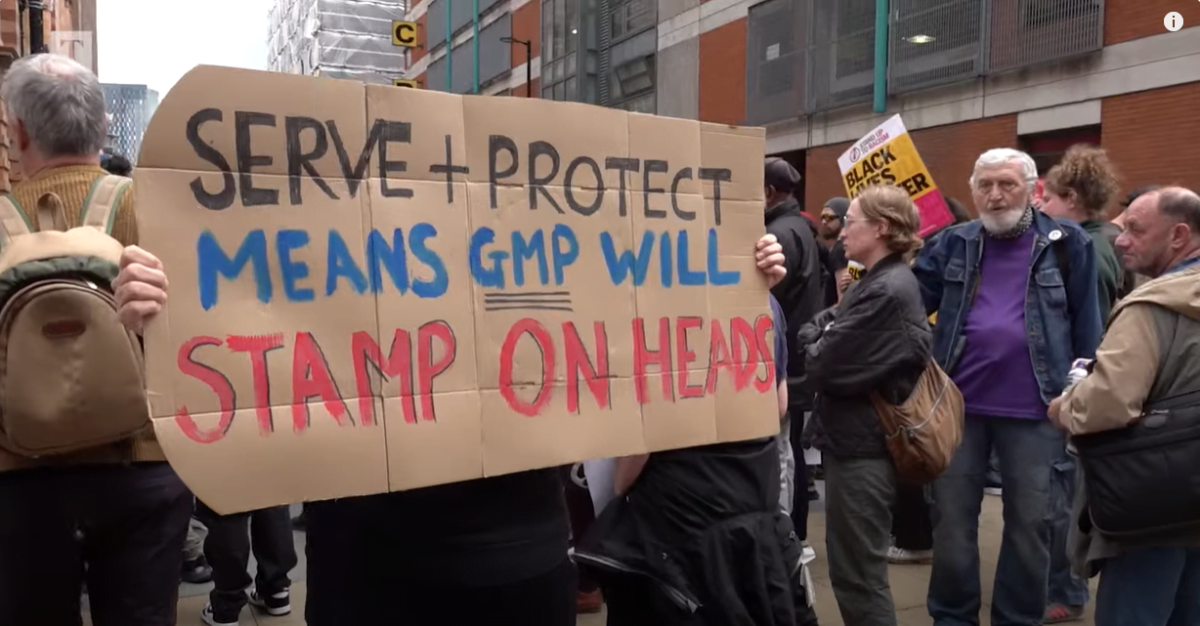The economy is rapidly shifting online, with commodities distributed via large warehouses. But this thriving model is only possible due to the intense exploitation of precarious workers. The only solution is to organise, unionise, and fight back.
With unemployment rising in the face of a growing scarcity of secure jobs, I was forced this year into taking precarious employment, working as an agency worker at a Wilko distribution centre. This involves doing very similar work to that done by Amazon workers in their now notorious warehouses, which has attracted so much criticism in recent years.
My job consists of picking items for transport to specific Wilko stores across the UK. However, unlike Santa’s Grotto at this seasonally busy time of year, life inside these warehouses (like the one I am now slaving away in) has not been very jolly of late.
The profits of big businesses such as Wilko have tightened during the COVID pandemic. But the bosses have piled further pressure onto workers in order to reverse this.
Unsurprisingly, management is prioritising profits over workers’ wellbeing – not only by bringing in low cost and easily sackable agency staff to cover increasingly demanding working hours, but also by getting rid of their own workers in the process.
Relentless
Bulletins on all the notice boards in the warehouse have been telling us of a new ‘upgrade’. This will see jobs like mine be carried out in the coming months by LLOPs (Low Level Order Pickers).
These are essentially small forklifts that carry triple the amount of items than I can shift on foot with a push-cage. To operate one of these requires using drivers trained to operate such machines. Needless to say, this will certainly entail the replacement of most of the existing staff, who are doing the sort of work I do at present.
Through redundancies, Wilko has been relentlessly replacing their own full-time employees with agency workers. These temporary staff are cheaper to employ, and can be hired and fired at a moment’s notice. No wonder the mood amongst the workforce has become so grim.
Draconian
This ruthless approach towards workers is also reflected in our working conditions. Productivity levels are monitored at all times through the headsets we wear to receive orders. We need to scan in each morning using our fingerprint. And this is done on a machine that is used by basically the whole warehouse – a recipe for COVID infection, given that there have been confirmed cases of coronavirus in the warehouse.
Wages are docked if you exceed the disgracefully short break periods, such is the push to keep us working at full speed. Time and time again, we are being forced to work in dangerous working conditions.
We are pressured into shifting large items on our own, despite these being clearly stamped ‘Team Lift’. And we are sent into the new non-pedestrian parts of the warehouse, where we are then set to work alongside the LLOPs. This has continued, even after several near-collisions between drivers and on-foot workers.
Operators have already complained about having to take extra care so as to avoid the extra staff. Yet, when complaints are made to management, we are told simply that production cannot stop.
Exploitation
This is nothing but the stark and ugly face of capitalism, where the drive for profits is put before workers’ health and safety. Wilko workers – fulltime and agency – should not put up with being treated like cattle. We should link together and bring production at plants like this to a halt.
Workers need to get organised and unionised to protect our working conditions against the cost-cutting fat cat bosses. Their profits do not come from their own ‘work’ or efforts, but from the toil and exploitation of workers like us on the warehouse floor.






